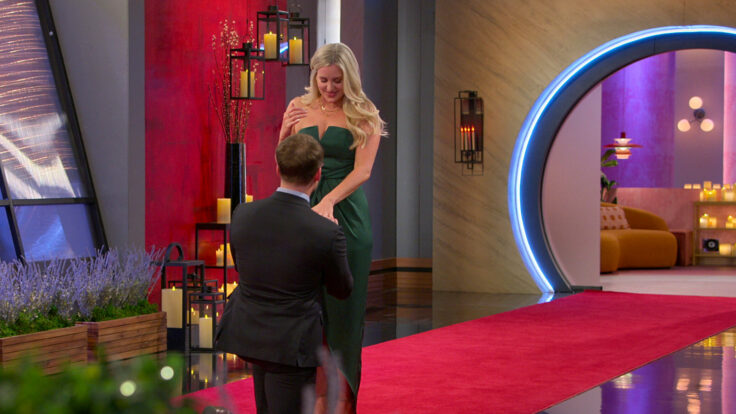In recent days, the media largely rendered its verdict that Fox News defamed American democracy by entertaining 2020 election lies that even Rupert Murdoch described as “really crazy stuff.” Indeed, the 192-page summary judgment brief (read here) in Dominion v. Fox News is filled with explosive communications between the network’s executives and top talent exchanging their private disgust and disbelief over some of the conspiracy theories that Sidney Powell and Rudy Giuliani, among other deplorables, were allowed to express on air.
But the nuances of this defamation case are quite a bit more complicated than last week’s sensational headlines. Take Maria Bartiromo’s harebrained comment on her show: “I have never seen voting machines stop in the middle of an election, stop down, and assess the situation.” Delaware Supreme Court judge Eric Davis will have to determine whether that was a false assertion of fact or some sort of color commentary. Did the statement actually assert a damaging implication about Dominion Voting Systems? Was there evidence of actual malice?

















